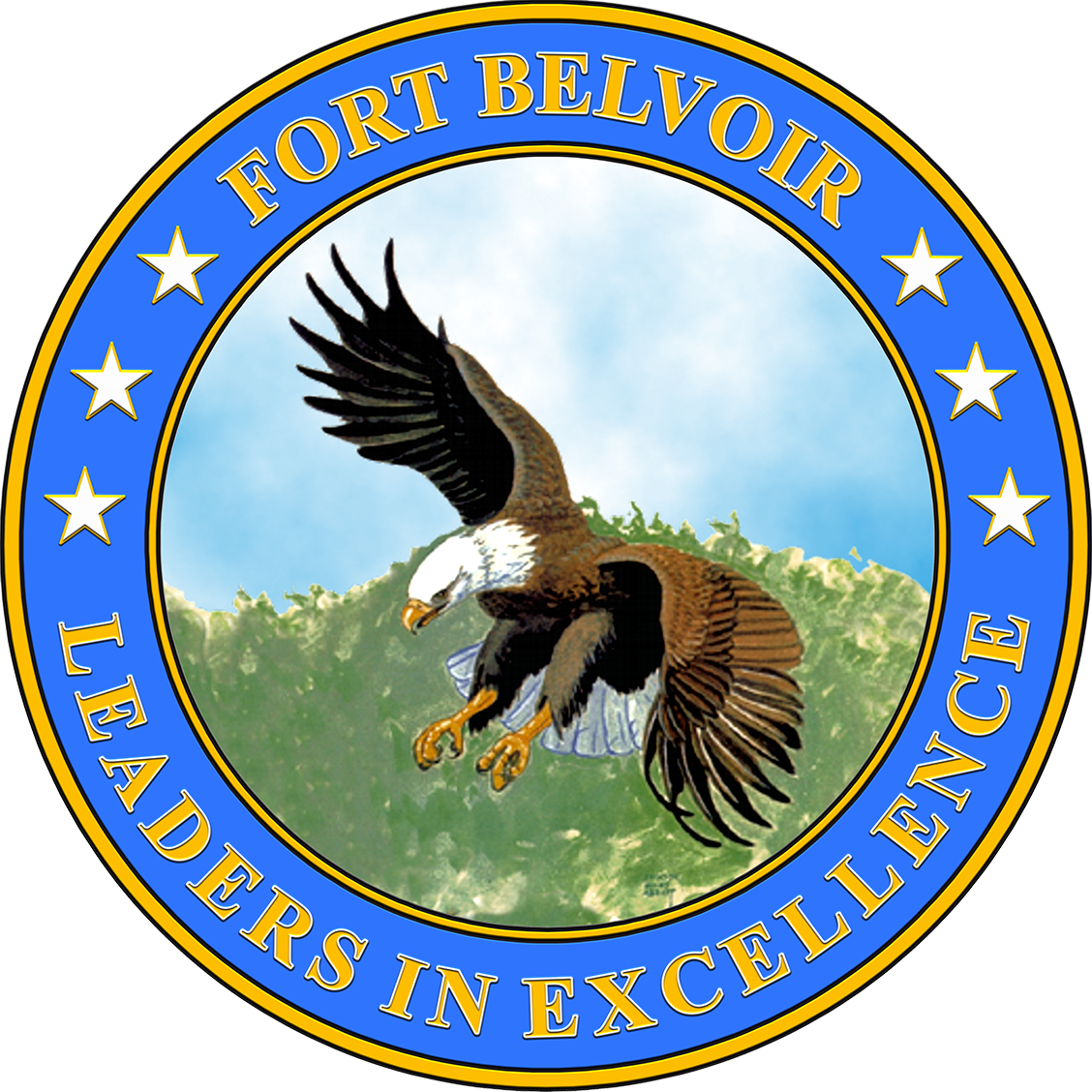Agency communicators hone skills during seminar
The Defense Logistics Agency’s public affairs teams discussed the challenges they face in their field and how to tell DLA’s story going forward during the Public Affairs Seminar, April 11-13 at the agency’s headquarters.
“Remember as the public affairs officer, you are the resource for your commander to communicate, to write, to edit, to do all the things that come with communicating. The more you’re available to be that resource and the better you are at those skills, the better resource you become for the command,” DLA Public Affairs Director Joseph Yoswa told attendees.
Public affairs staff from DLA’s headquarters and its major subordinate commands were joined at the seminar by representatives from the Military Readiness Intelligence Command, the National Geospatial-Intelligence Agency and the Fort Belvoir Garrison Public Affairs Office.
DLA Chief of Staff Eric Smith welcomed the group to its first seminar since 2019. He commended the public affairs staff for keeping the agency informed during the COVID-19 pandemic.
“The thing that kept us together and synchronized throughout the pandemic were the stories, the blogs, and the photos and videos that you produced and shared with the agency,” Smith said.
Steven Boylan, the director of graduate programs for the University of Kansas School of Business-Leavenworth Campus, was the event’s first keynote speaker. He emphasized the importance of speed and accuracy in crisis communications, noting that frequently one comes before the other.
“Sometimes in a crisis, you need to be at the speed of a political campaign,” said Boylan, who is also a retired Army colonel with almost 27 years of experience in both public affairs and Army aviation. “If you wait for the 100% solution, you’re dead in the water. Sometimes, the 70% solution is good enough. Follow it up with more information.”
Thom Shanker, the director of The Project for Media and National Security and former Pentagon correspondent for The New York Times, spoke about the relationship between the military and the media as the event’s second keynote speaker.
“The military-media relationship is a lot like a marriage, but it’s a dysfunctional marriage. So we stay together for the kids,” said Shanker, who covered overseas combat operations and national security policy for The Times for nearly 25 years.
Despite tension that can exist between reporters and government officials, it is always important to tell the country about what the nation is doing, he said.
“From your side, as public affairs officers from DLA, you should be equally invested in that because you’re doing incredible work to keep the troops in supplies,” Shanker said.
Attendees had sessions on photography, writing, editing skills and intellectual property. DLA Historian Colin Williams gave a presentation about the history of contested logistics in the Middle East, and Kuande Hall, a program manager from the Defense Information School, taught an extended session on social media policy, strategy and best practices.
By: Nancy Benecki
DLA Public Affairs





